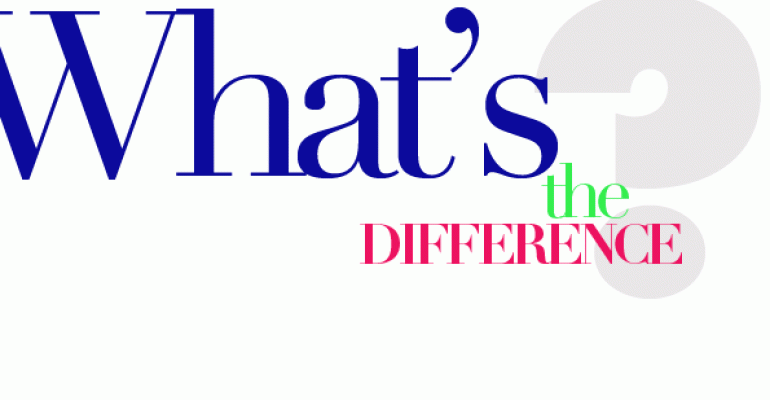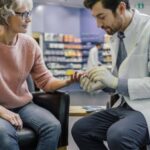Difference Between Drug Safety And Pharmacovigilance?

Drug safety also known as pharmacovigilance or medication safety involves providing essential information on drug safety and regulations including: recognizing, monitoring, reporting, and cataloging serious adverse drug reactions. The medical dictionary defines pharmacovigilance as a state of heightened awareness, monitoring and reporting of potentially adverse pharmacologic events or a branch of pharmacology focused on detecting, assessing, understanding and preventing long- and short-term adverse effects of medicines.
All drugs have side effects, but the extent of their impact and severity varies from mild (such as mild itching or mild headache) to severe (such as severe rash, damage to vital organs, primarily the liver and kidneys, and possibly even death). Most of the side effects are predictable and mentioned in the leaflets for each drug. However, the serious problem is that some of the drugs’ side effects are not previously known or have not been noticed, and the real risk here is whether they would exert a severe deleterious impact on the patients who are using them. Among the factors that may increase the severity of the side effects, the type of medications and the type of patients using them are the most important.
The functions of drug safety and Pharmacovigilance both collect important adverse event data. The two words can be used interchangeably – the same basic function is being performed. But the term pharmacovigilance is more encompassing and strategic.
What are the main areas of pharmacovigilance?
Pharmacovigilance is a huge and encompassing discipline, but we can broadly divide pharmacovigilance into four main sub-specialisms:
Operations: This sector is where many life science professionals interested in drug safety jobs will begin their career. Typical jobs within drug safety operations include case processor, drug safety officer/associate and drug safety manager, and of course team lead and directorships. These professionals will collect and record information during preclinical development and clinical trials, in addition to gathering real world evidence (RWE) of adverse events reported by doctors and patients post-market. Operations are also usually responsible for creating standard operating procedures (SOPs), individual case study reports, literature screening and regulatory expedited reporting.
Surveillance: Professionals who focus more within surveillance tend to look towards risk management and signal detection jobs. This also involves performing analysis of the data collated by the wider division. Professionals in this area can hold an array of titles, the most common of which are pharmacovigilance scientist and drug safety physician, but like in all teams, there are many degrees of seniority and remit available. These professionals perform analysis on the drug safety information gathered by the wider department and assist with the creation and review of aggregate reports. They also create development safety update reports (DSURs) for drugs in clinical research, and periodic benefit risk evaluation reports (PBRER) for post-market drugs. These reports ultimately help the team to draw conclusions around the safety and efficacy of a drug or candidate molecule.
Systems: This division is concerned with the building and ongoing development of a fully robust and innovative system, charged with the responsibility for housing and allowing access (in various forms) to vast quantities of safety data. This safety data is usually collated by those working in operationally focused roles, but is accessed by all. The systems division is constantly having to improve, and stay in line with, changing regulations and requirements for the business/ health authorities, making this a very challenging and vital aspect of drug safety.
Qualified Person for Pharmacovigilance (QPPV)
QPPVs jobs are mainly concerned with marketed drugs and those about to be authorized, but as QPPVs are considered by many to be subject matter experts, their expertise is utilized across the discipline and wider business. These senior pharmacovigilance roles will only be held by very experienced professionals and their focus is to understand, plan for and advise upon the regulations and requirements that companies must adhere to across the EU. This is a highly strategic appointment and one of great importance.





